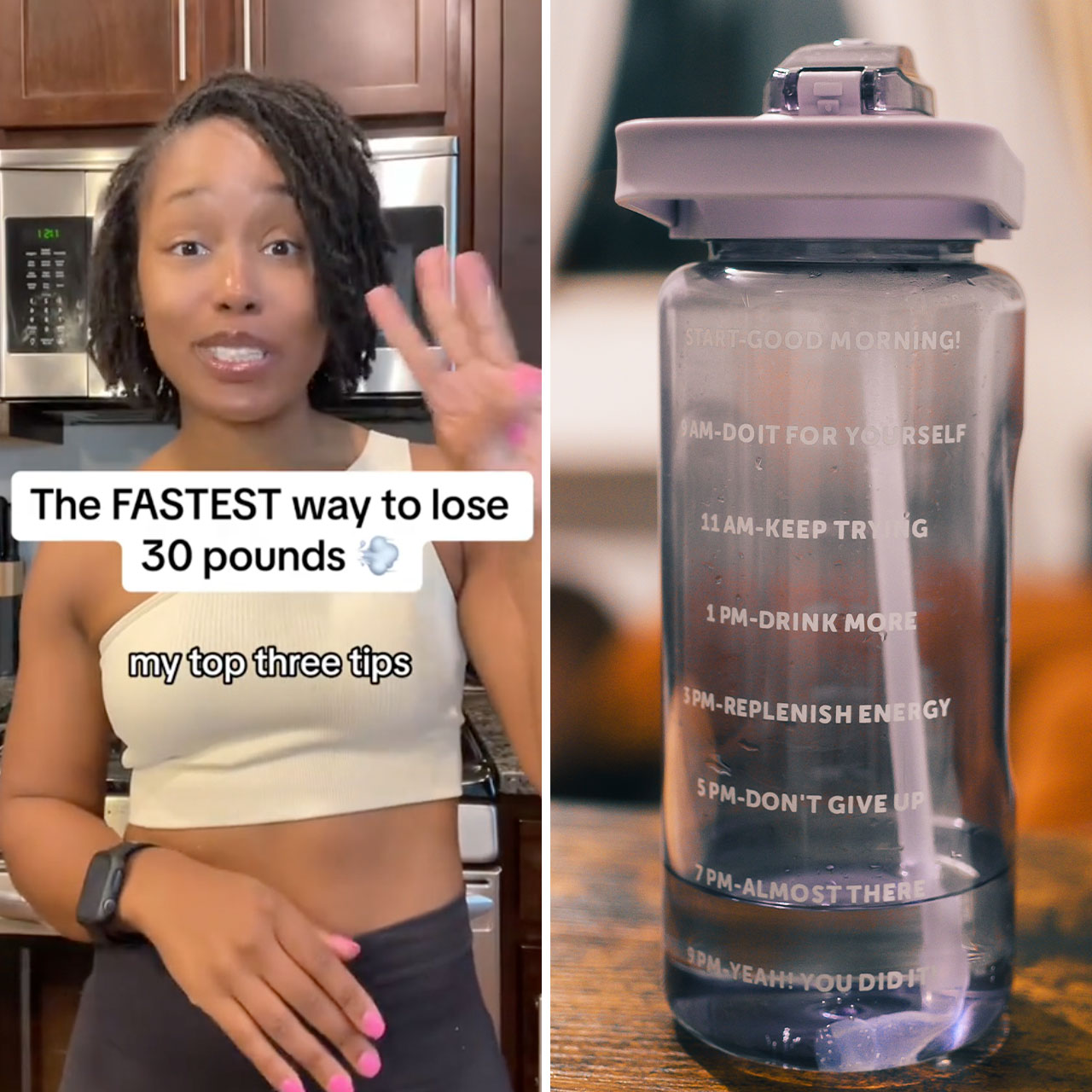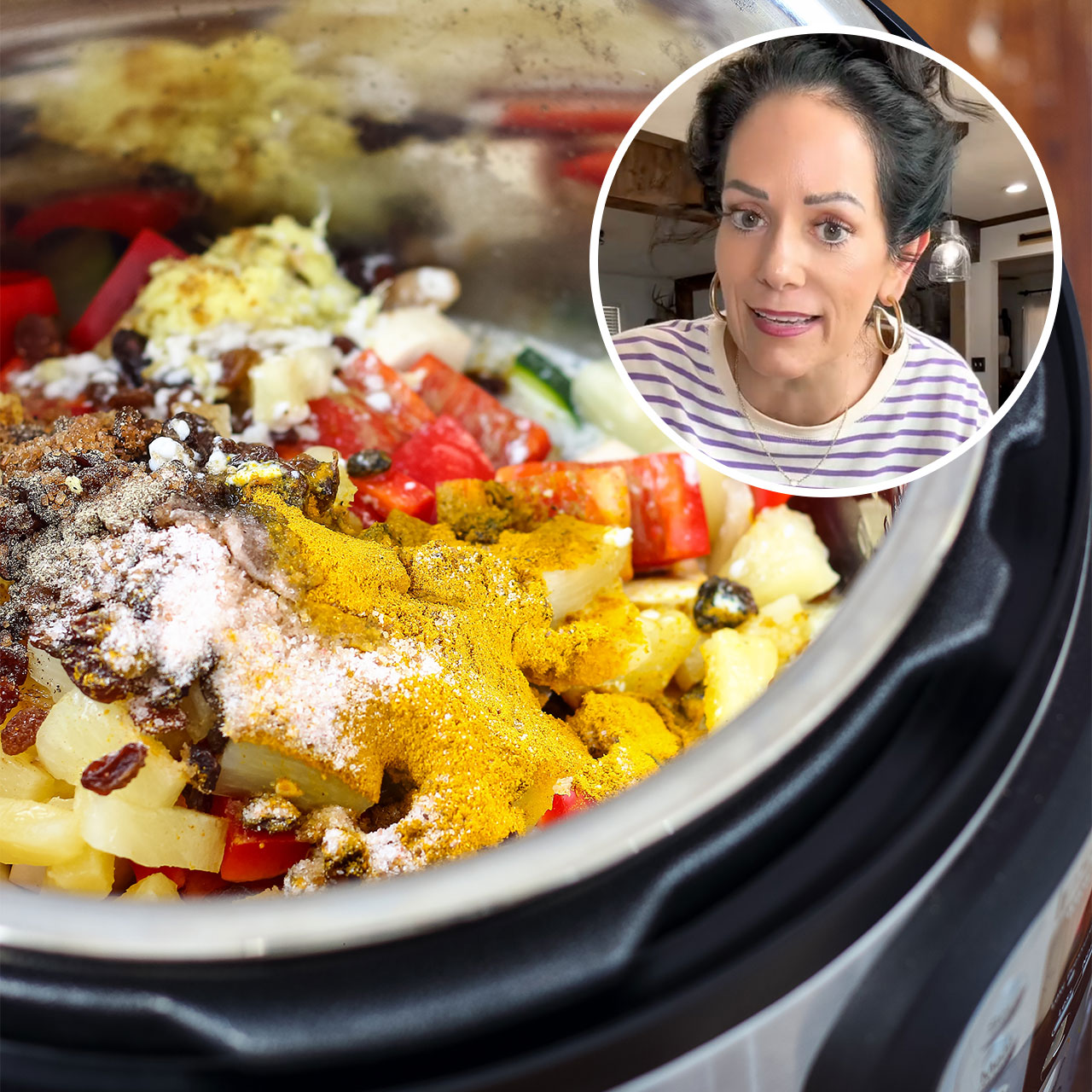This is an archived article and the information in the story may be outdated. Please check the time stamp on the story to see when it was updated last.
Short term inflammation is your body’s way of protecting itself from outside invaders, like bacteria and other illnesses. However, when your body is in an inflamed state for too long, it could lead to a number of health issues. When left unchecked, chronic inflammation could lead to heart disease and even cancer. Your diet and lifestyle can also make chronic inflammation worse, which is why it’s important to know what foods and environmental aspects can worsen chronic inflammation.


One of the worst foods for chronic inflammation is sugar. “Simple carbs (carbs that are absorbed into the bloodstream quickly that have very little fiber) can cause sharp spikes in blood sugar followed by the body producing extra insulin to bring blood sugar levels back down. When you chronically consume excess sugar, you tend to feel hungrier, and your body will store excess calories consumed as fat, which can lead to inflammatory conditions,” says Laura Gaston, MS, RD, LD, Founder & CEO of Busy Gal Nutrition. “Sugar does not necessarily cause inflammation, but can contribute to inflammation over time.”
Many foods contain added sweetener these days, even foods that you wouldn’t necessarily classify as “sweet.” Because we are so conditioned to eat sweeter foods, we often like adding sweetener to food and beverages. Are there some that are worse than others? According to Gaston, the answer may not be so black and white. “This depends on the underlying cause of inflammation and how often you’re using sweeteners, or how much you’re having at one time. Sweeteners that have calories (maple syrup, honey, table sugar) all tend to be absorbed into the bloodstream relatively quickly. Sweeteners that don’t have calories, such as sugar substitutes, may cause gastrointestinal distress in some people.”

The good news is that you don’t have to cut it out altogether, so don’t worry about missing out on your favorite coffee creamer or syrup. “When choosing a sweetener, I recommend being aware of how much you’re using and how much you’re having on a daily basis, and balancing your blood sugar with adequate amounts of protein and fiber.” Gaston tells all of her clients to focus on picking their favorite sweetener and enjoying it in moderation, while also balancing other areas of your lifestyle that could contribute to inflammation as well.
If you want a healthier sweetener to use in your morning coffee or while cooking, Gaston has a few recommendations. “I personally prefer stevia-based or monk fruit-based sweeteners because they are natural and zero-calorie options,” she says, “At a coffee shop, I recommend asking what sugar-free syrups they have or limiting the amount of flavored syrup you’re using.” It’s most important to enjoy what you’re eating and drinking, and finding balance by enjoying all things in moderation. When possible, avoid processed sugars or sweeteners, and note how you feel after consuming the foods you eat to decide whether or not you need to cut back.


























